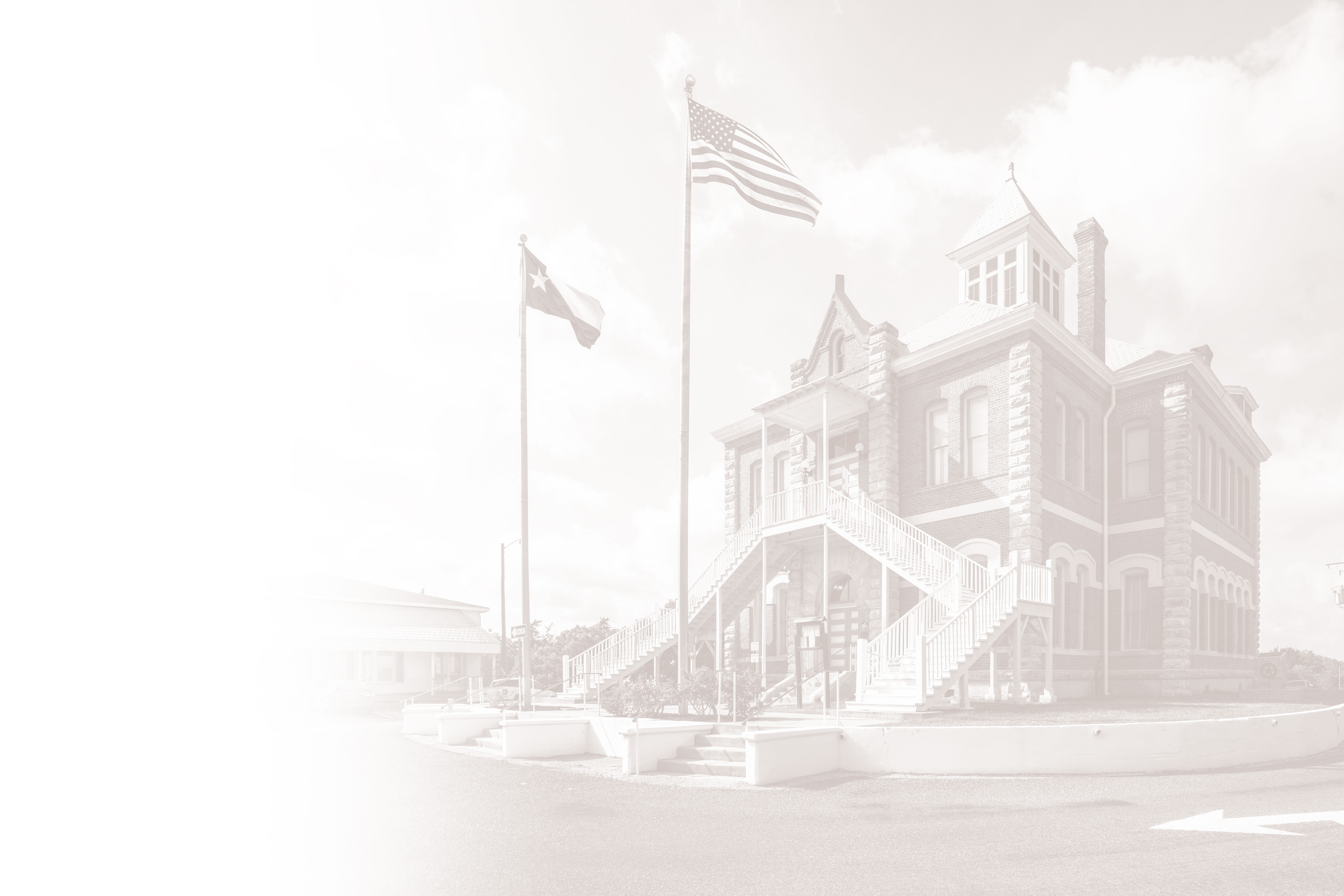Texas is home to over 1,000 local history museums. Whether housed in a historic structure or a state-of-the-art new building, each one is dedicated to telling the story of a community’s unique history. Collectively, they preserve the real places and the real things that tell the whole story of Texas.
The Museum Services Program enables small history museums to better carry out their missions by helping them to increase their capacity for meeting professional standards. We do this by providing the following services at no cost:
- Training
- Resources
- Consultations
- Communications
To be included in the THC Atlas, a history museum must exhibit and interpret objects and stories in a structure designed for public visitation, on a regular schedule at least 120 days per year.
Subscribe to Museum Services Newsletter Updates
Storm Season is Upon Us!
If you’re seeking immediate assistance with disaster preparedness or have an emergency contact National Heritage Responders at 202-661-8068 or TX-CERA (Texas Collection Emergency Resource Alliance) at 669-237-2243 for expert guidance and on-site support.
Upcoming Training - Webinar Series
STEAM for History Sites: An Interdisciplinary Approach to Public Programming at Historic Sites

STEAM (science, technology, engineering, art and mathematics) serves as an effective learning framework to broaden interpretation and create unique opportunities for public programming at museums and historic sites. This one hour webinar features a series of practical steps to plan and implement STEAM programs with an emphasis on community partnerships and audience engagement.
Hannah Danielson, a museum professional with over ten years’ experience in the fields of education, interpretation, volunteer management, public engagement, and administration shares her methodology for developing interdisciplinary STEAM-based programming with the goal of utilizing storytelling to create welcoming and inclusive learning spaces for all museum audiences.
Date: Wednesday, July 17, 2024, at 2 p.m. CT
Mark Your Calendars for our July Webinars! Registration Opens Soon
- July 24, 2024: Using Primary Sources in Education Programming Development with Museum Educator Mia Rook
- July 30, 2024: Incorporating Archeology into Museum Programming and All About Texas Archeology Month with THC Archeologist Virginia Moore
Resources
The Helpful Resources section below provides a number of downloadable resource lists, articles, and other useful information for museums. All previous Museum Services Webinars are archived and available to view at any time. The Connect and Learn section below provides links to trainings hosted by other organizations and services, as well as listings of museum professional organizations. Grants and Fundraising offers resources for grant-writing, fundraising ideas, and an extensive list of grant opportunities relevant to museums in Texas. Review our information on Museum Consultants Working in Texas here.
Consultations
Program staff can provide free, individualized assistance and support to museums in any aspect of museum operations, including but not limited to:
- Starting, planning, or reorganizing a museum
- Mission statements, strategic planning, and professional ethics
- Disaster preparedness and recovery
- Collections interpretation and educational programs
- Exhibit planning and design
- Board development and relations
- Volunteer recruitment and training
- Fundraising and special events
- Marketing and social media
- Collections care and security
Communications
Program staff sends email notices on timely information about current trends, available resources, upcoming grant deadlines, training opportunities, and other types of assistance.
Contact Us
If you have questions about the Museum Services Program, please contact the program administrator using the information listed here.
-
Phone:
+1 512-463-6427 -
Email:
museums@thc.texas.gov -
Address:
P.O. Box 12276
Austin, TX 78711
United States
